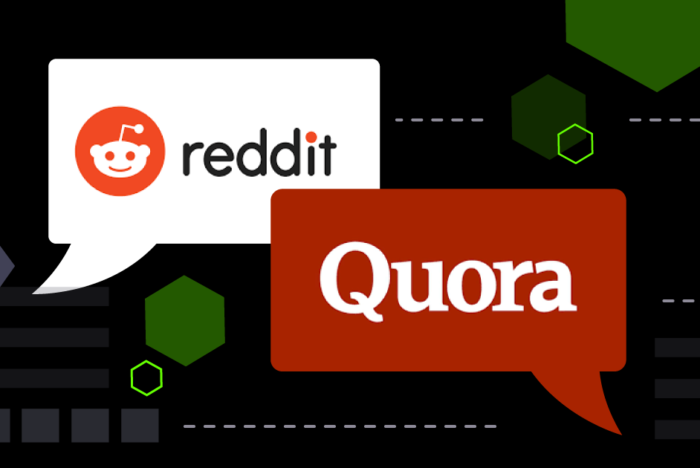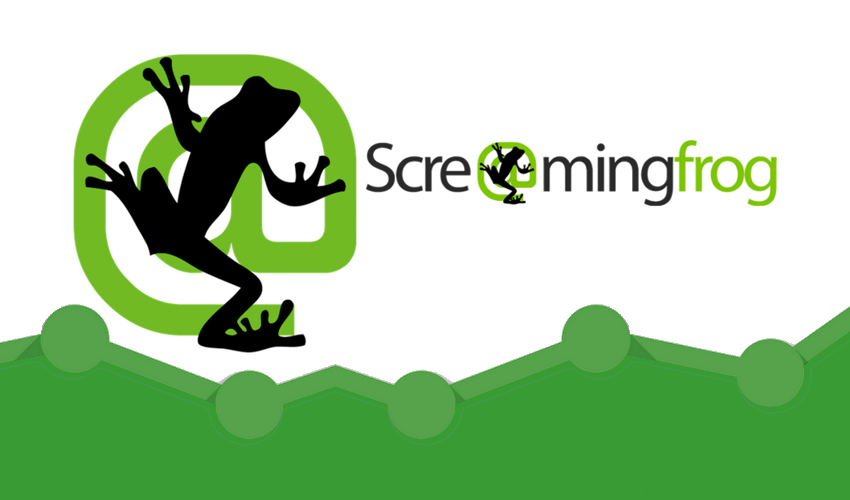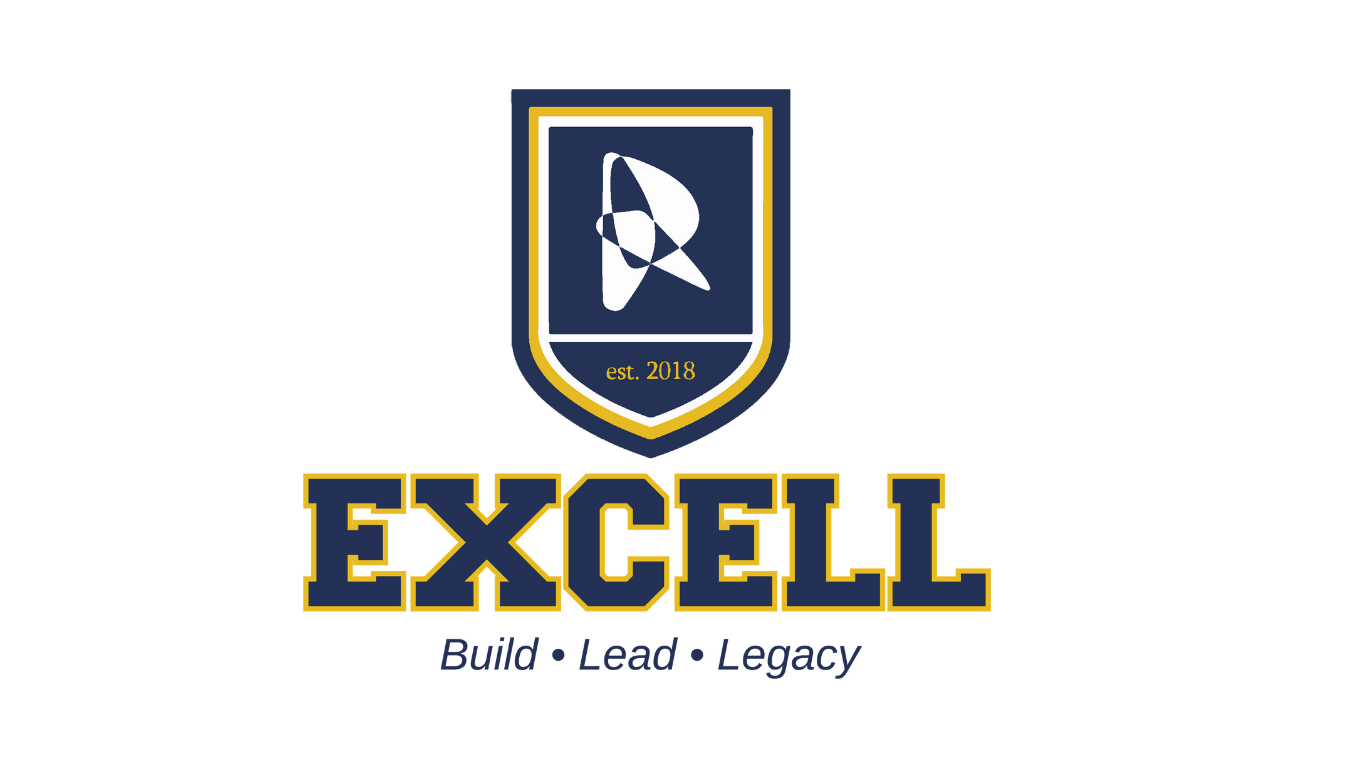Table of Contents:
- Introduction: Why Traditional SEO Is Not Enough
- What Is Semantic SEO?
- The Evolution of Search: From Strings to Things
- 5 Key Questions About Semantic SEO Answered
- How Semantic SEO Works (With Real-World Examples)
- Best Practices for Implementing Semantic SEO in 2025
- Semantic SEO Tools That Make a Difference
- Common Mistakes and How to Avoid Them
- How Semantic SEO Drives ROI and Business Growth
- What’s Next: Future Trends Beyond Semantic SEO
- Final Thoughts + Strong Call to Action from Excell
Introduction: Why Traditional SEO Is Not Enough
What Is Semantic SEO?
Semantic SEO is the process of creating content that aligns with search intent, contextual relevance, and entity relationships, rather than simply focusing on target keywords. It’s about teaching search engines what your content means, not just what words it includes.

- Entities: People, places, ideas, and things recognized by search engines (e.g., “Excell,” “SEO tools,” “Apple Inc.”).
- Search Intent: Understanding the purpose behind the query: informational, transactional, navigational, or comparative.
- Contextual Relevance: How well your content answers the full scope of a topic.
- Semantic Relationships: How your content connects to related ideas and concepts.
- Structured Data (Schema): Code that helps search engines understand your content better.
The Evolution of Search: From Strings to Things
- 2012 – Knowledge Graph: Google starts using structured data to understand relationships between entities.
- 2013 – Hummingbird Update: Natural language processing (NLP) becomes central to interpreting search queries.
- 2019 – BERT: Bidirectional Encoder Representations from Transformers allow Google to understand sentence meaning better.
- 2021 – MUM (Multitask Unified Model): AI model that interprets information across formats (text, images, video), languages, and topics.
- 2025 – Personalized AI Search: Google’s generative summaries and zero-click results demand even more profound semantic relevance.
5 Key Questions About Semantic SEO Answered
- Satisfy search intent, answering the exact question a user has.
- Be seen as comprehensive, covering all angles of a topic.
- Remain reliable and current, matching up-to-date expectations.
- Stay informed about related issues and authoritative sources.
- Featured snippets
- People Also Ask boxes
- Long-tail and conversational queries
- Voice search results
- A law firm can utilize semantic SEO to cover a legal topic, such as “child custody,” with related articles on parental rights, court procedures, documentation, and modifications.
- A SaaS company can build a cluster around “project management tools,” exploring comparisons, integrations, pricing models, and user use cases.
- An eCommerce store can use it to organize product guides, how-to content, and buyer FAQs around categories like “kitchen appliances” or “running shoes.”
- A local bakery might optimize for “best cupcakes in Austin” by producing content on flavor trends, baking techniques, and birthday event catering.
- FAQ dropdowns
- How-to carousels
- Star reviews
- Event details
- Knowledge graph enhancements
- Article
- FAQ
- Product
- Review
- Organization
- Event
- Identify your core topic and main user goals
- Uncover related questions people are asking
- Map associated entities and synonyms
- Understand how your topic connects to other relevant ideas
How Semantic SEO Works (With Real-World Examples)
- Write a blog post targeting “train for a marathon.”
- Use the keyword 15 times
- Add basic H1 and meta tags
- Create a topic cluster:
- Pillar Page: How to train for a marathon
- Subtopics:
- Best marathon training apps
- Nutrition plans for long-distance runners
- Preventing injuries during marathon prep
- Mental strategies for long runs
- Use structured data for How-To markup
- Include related entities: “VO2 max,” “running cadence,” “hydration plan.”
- Answer user questions:
- “What should I eat before a marathon?”
- “How long should I taper?”
Best Practices for Implementing Semantic SEO in 2025
- Hub: Broad overview
- Spokes: Focused deep-dives

- Google’s “People Also Ask”
- Related searches at the bottom of the SERP
- Reddit and Quora threads
- SEO tools with NLP data (Frase, Clearscope, Surfer)
- Instead of: “Best coffee grinders under $50.”
- Use: “What’s the best coffee grinder I can buy for under $50?”
Semantic SEO Tools That Make a Difference
Semantic SEO isn’t just about theory; it’s about execution. Fortunately, there are several tools available in 2025 that can help you implement semantic strategies more effectively, whether you’re a solo marketer or a large content team.
At Excell, we use and recommend a variety of tools that support everything from entity recognition to internal linking and NLP analysis. Below are the most powerful platforms that can elevate your semantic SEO strategy.
Frase is one of the most popular tools for creating semantic content. It allows you to:
- Generate content briefs based on top-performing pages
- Identify related topics and questions from sources like Google’s People Also Ask, Quora, and Reddit
- Analyze semantic gaps in your content versus competitors
- Receive real-time optimization suggestions as you write
Frase’s AI-driven insights are beneficial for writing content that aligns with user intent while incorporating a wide range of semantically related terms. It’s ideal for blog posts, landing pages, FAQs, and any other content that requires in-depth coverage of a specific topic.
InLinks focuses on the entity-based SEO side of the semantic equation. It scans your site, identifies key entities within your content, and then suggests contextual internal links to connect related topics across your domain.
Key features include:
- Knowledge Graph building specific to your site
- Automated internal linking recommendations
- Schema generation based on detected entities
InLinks helps you mirror how Google’s Knowledge Graph functions, making your content more interconnected, scannable, and semantically relevant. If you’re working on building topical authority, this tool is a must-have.
Surfer SEO combines on-page SEO with NLP-based optimization to help your content rank higher in search engine results. Using Google’s Natural Language Processing data, it:
- Analyzes the top-ranking pages for a given query
- Provides a list of semantically essential terms and phrases
- Recommends ideal word count, paragraph length, and media use
SEMrush offers a powerful topic research tool that helps you discover the whole semantic field surrounding a keyword or theme.
When you input a seed keyword, it returns:
- Related subtopics
- Commonly asked questions
- Headlines and angles used by competitors
- Topic clusters suitable for blog series or supporting pages
This tool helps you plan an effective pillar and cluster strategy, ensuring your website addresses every layer of a given subject. It’s beneficial during the content planning phase, ensuring no relevant topic gets left behind.
MarketMuse specializes in content scoring and competitive analysis. Unlike other tools that focus solely on keyword data, MarketMuse looks at topic coverage, content quality, and semantic completeness.
With MarketMuse, you can:
- Audit your existing pages to find content gaps
- Receive personalized suggestions to improve topical authority
- Create briefs for writers that emphasize entity usage and structure
This tool is ideal for teams working on long-form or cornerstone content, as it provides actionable insights into how to outperform your competition at the semantic level.
This is the actual tool that Google itself uses to interpret content semantically. It allows you to paste in text and see how Google understands your content by breaking it down into:
- Entities (and how they’re categorized)
- Salience scores (how important an entity is to the overall content)
- Sentiment analysis
- Syntax trees and part-of-speech tagging
Using the NLP API gives you firsthand insight into how Google’s algorithms process your writing. If your key entities don’t appear or have low salience, it’s a signal that your content needs improvement.

- Structured data markup is correctly implemented
- Schema errors are detected before indexing
- Internal link structures are sound and support topic clusters
- Duplicate content issues don’t dilute your authority
Common Mistakes and How to Avoid Them
How Semantic SEO Drives ROI and Business Growth
- Variants of the main search term
- Synonyms and related phrases
- “People Also Ask” style questions
- Voice search queries in natural language
- “Best tools for managing remote teams”
- “Features to look for in a task management app”
- “How to choose the right PM software for small businesses”
- Looking for detailed answers
- Evaluating products or services
- Comparing solutions
- Ready to take action
- A blog post titled “How to Reduce Legal Risk in Real Estate Contracts” that answers specific legal concerns might drive highly targeted leads to a law firm.
- A buyer’s guide on “Choosing the Right CRM for Healthcare Providers” may prompt decision-makers to request a demo or consultation.
- More backlinks from other authoritative websites
- Greater trust signals to Google (important for YMYL Your Money, Your Life topics)
- Increased engagement metrics like time on page and lower bounce rates
- More frequent appearances in featured snippets and knowledge panels
- No ongoing ad costs for clicks or impressions
- Increased ROI per piece of content
- Greater lifetime value (LTV) from users who convert after engaging with high-quality educational material
- Efficient sales cycles powered by informed leads
- Discover which queries are leading users to your site
- Analyze performance for multiple keyword variations
- Understand which content contributes to conversions even if indirectly
- Segment your audience by intent and behavior patterns
What’s Next: Future Trends Beyond Semantic SEO
Final Thoughts + Strong Call to Action from Excell
- Understood by search engines
- Aligned with user intent
- Competitive against AI-generated noise
- Structured for SERP visibility
- Positioned for long-term authority

💼 Partner with Excell Your Experts in Semantic SEO
At Excell, we don’t just optimize content; we engineer it to thrive in the most competitive digital spaces. Whether you’re building from scratch or upgrading your existing SEO efforts, we’ll help you:
✅ Future-proof your content against algorithm updates
🚀 Let’s turn your website into a semantic powerhouse. Contact us today and Book your free discovery call to get done for your services!
Contact us:
6420 Richmond Ave., Ste 470
Houston, TX, USA
Phone: +1 832-850-4292
Email: info@excellofficial.com





